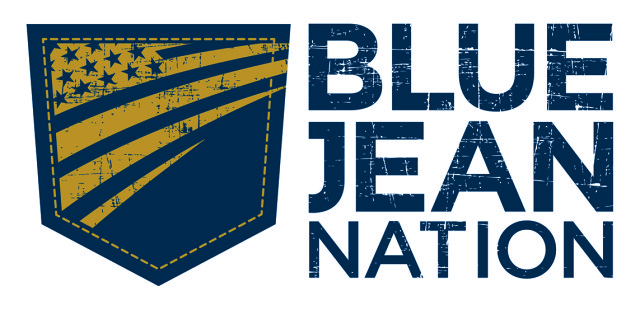When it comes to politics, most all of us have formed habits that are disempowering. We’ve been taught to think and talk and act in ways that make us easy to divide and conquer. And divide and conquer us they have.
The result is widening political inequality, as money from a few trumps the voices of many in a society that is supposedly a democracy. This political inequality is the offspring of economic inequality. So much political clout concentrated in so few hands spawns still more economic injustice, further enriching a privileged few at everyone else’s expense. Economic and political inequality feed off each other. One begets the other.
Crony capitalism can’t flourish and democracy can’t be suffocated without divided and conquered masses. The 1% and those who do the royals’ bidding need us commoners to obsess over our differences to the point where we can no longer see how much we all have in common.
We’ve been programmed to fixate on divisive – and increasingly meaningless – labels like liberal and conservative. We spend way more time looking left and right than we do focusing on what’s right and wrong. This is by design. Those who make a killing from economic and political inequality need the poor and powerless to see each other as enemies.
For the powerless to gain that ability first requires breaking habits the powerful wanted and needed us to form. A good start would be to stop thinking horizontally – who’s left and who’s right – and start thinking vertically instead. When we consciously try to break free of the divide-and-conquer trap of horizontal thinking and begin looking at politics from top to bottom – from the most privileged to the voiceless, from our society’s royalty to the rest of us – a magical thing can happen.
No matter your age, no matter your race, no matter where you live or what you do for a living, you and people like you cannot beat the 1% on your own. White people need black and brown people. City dwellers need rural folks. Seniors need teens and twenty-somethings. White-collar professionals need blue-collar laborers. Otherwise the billionaires keep winning.
Here’s another way to put it:
If you want to arrest climate change, you better care about racial profiling and police militarization and mass incarceration and move heaven and earth to right these wrongs.
If you are gray and want to keep Social Security and Medicare safe and sound, you better see red when generations of young people are sentenced to debt and then do all you can to make education as affordable for future generations as past generations made it for you.
If you want urban mass transit, you better figure out how to bring cell phone signals and Internet connections to every rural doorstep.
If you want public workers to be respected and valued, you better do everything in your power to make the minimum wage a living wage and create new protections for nonunion workers in the private sector.
If you want any of these things, you need to join with others to gain power. Your wish will be society’s command only if others get what they need too. Problem is, we’ve been taught to be suspicious of power, even afraid of it. This is another lesson we need to unlearn. Martin Luther King Jr. used to say that power is simply the ability to achieve a purpose; whether it is good or bad depends on the purpose.
For the powerless to gain that ability first requires breaking habits the powerful wanted and needed us to form. A good start would be to stop thinking horizontally – who’s left and who’s right – and start thinking vertically instead. When we consciously try to break free of the divide-and-conquer trap of horizontal thinking and begin looking at politics from top to bottom – from the most privileged to the voiceless, from our society’s royalty to the rest of us – a magical thing can happen.
Let me give you an example. Take two people, one a man from where I grew up in rural Wisconsin and the other a woman living in Milwaukee. The man is likely a farmer. To this day there are more cows than people in my home county. Odds are he is having a hard time making ends meet. Clark County is one of Wisconsin’s five poorest counties. He is white. He is voting Republican. In last November’s election, my hometown had the distinction of giving Scott Walker the biggest margin of victory of any community in the state.
Thinking horizontally, you would call this man a conservative.
Let’s say the Milwaukee woman is a nursing assistant, or maybe a day care worker. She’s also struggling financially. CNAs and day care workers don’t make a whole lot. Chances are she’s black. She’s voting for Democrats. We’ve all been trained to consider her a liberal.
On the traditional horizontal political spectrum, these two are on opposite ends. They could not be farther apart. Think instead about who’s on top and who’s on the bottom in our society, and the Clark County man and Milwaukee woman are at almost the exact same spot.
Just because of the way we’ve been conditioned to think and talk about politics, we are dividing people who could and should be united.
This is one of the habits we’ve formed that is most disempowering. This is one of the habits the 1% cannot afford to see us break.
Mike McCabe is president of Blue Jean Nation, a nonpartisan citizen movement aiming to house the politically homeless and transform parties that are failing America. The group’s website is www.bluejeannation.com.




























